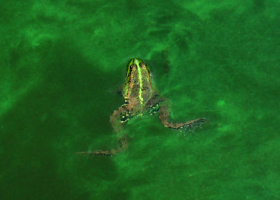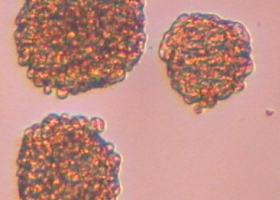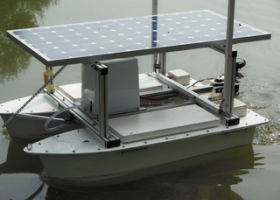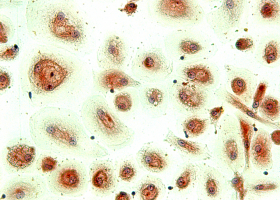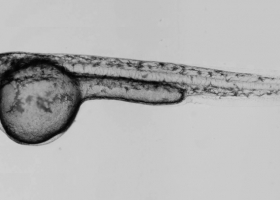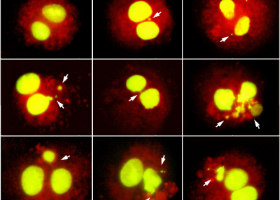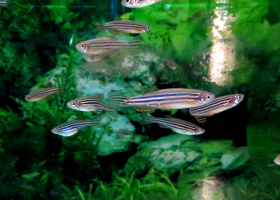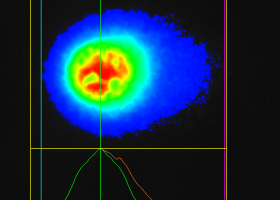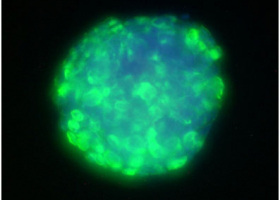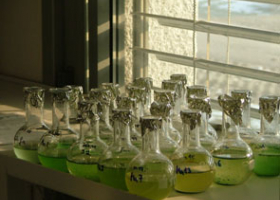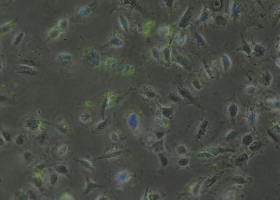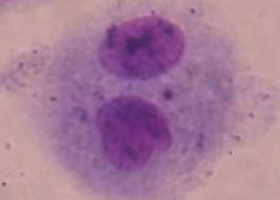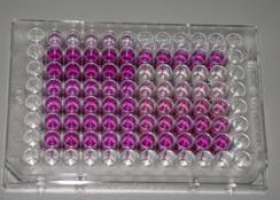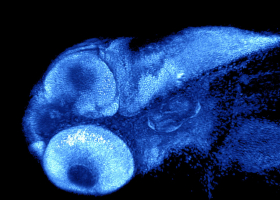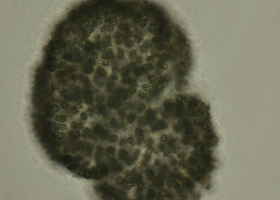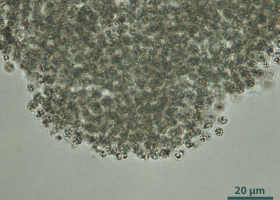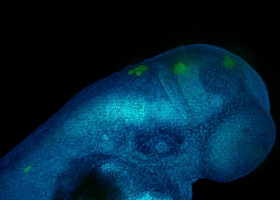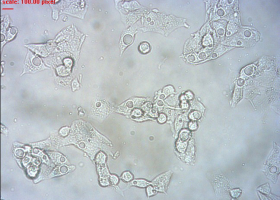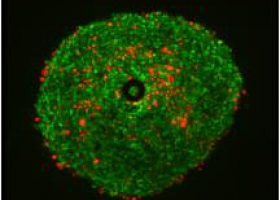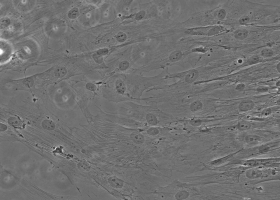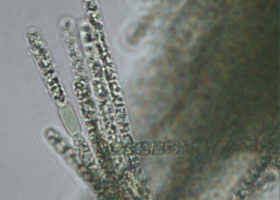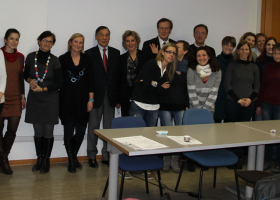Department of Genetic Toxicology and Cancer Biology
At the Department of Genetic Toxicology and Cancer Biology the research is being carried out in ecotoxicology, genetic toxicology and cancer biology. Within the framework of these basic fields we investigate the water ecosystems and the pollution effects, the damages of genetic material and the origin and development of cancer diseases. More about our projects here.
Head: Assoc. Prof. Dr. Bojana Žegura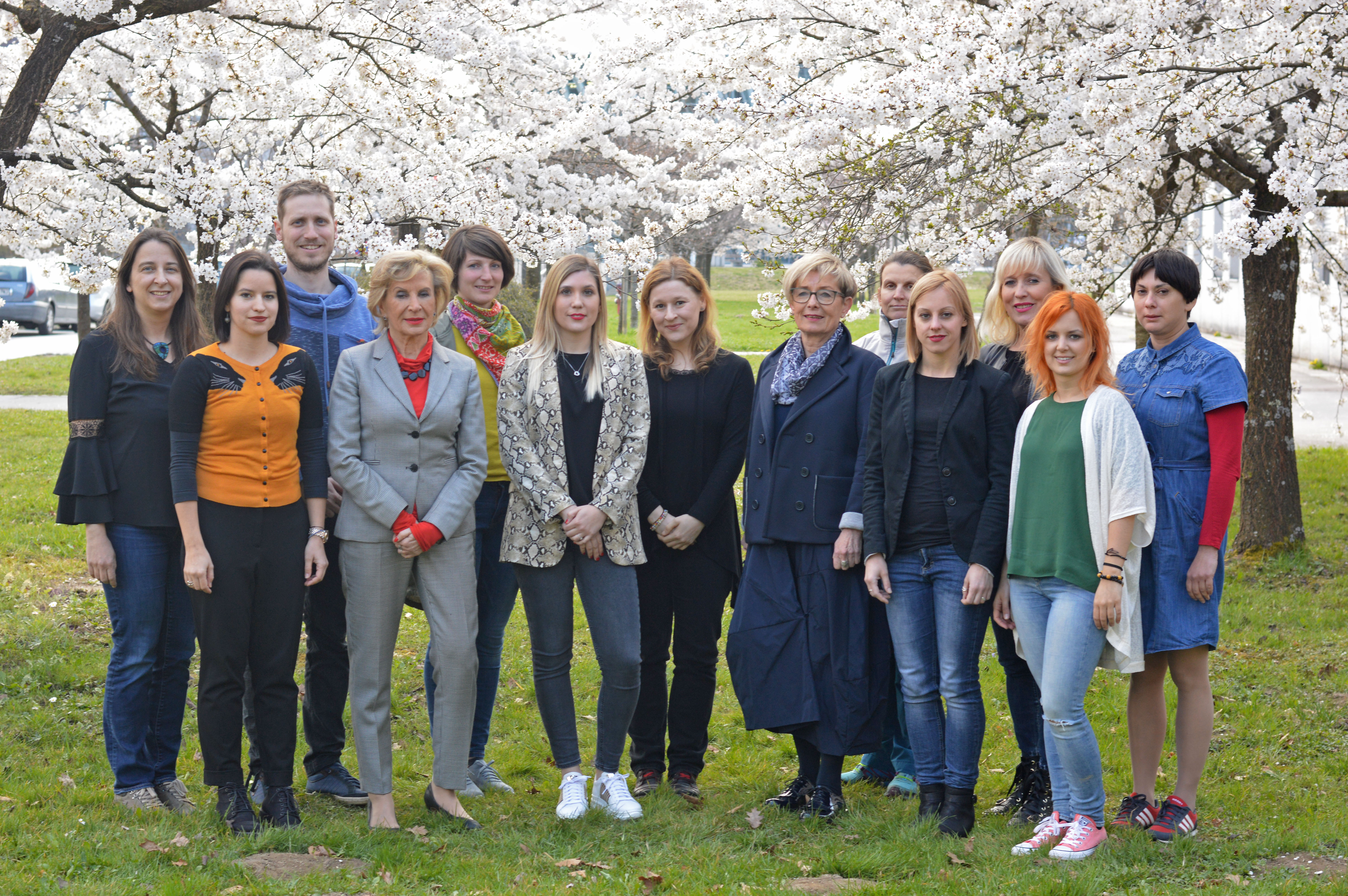

Genetic Toxicology
In genetic toxicology we are investigating chromosomal and deoxyribonucleic (DNA) damage and the mechanisms of mutagenicity. We are focused on research of environmental mutagens and carcinogens and natural compounds with ant carcinogenic activity. For studying the mechanisms of chemical, physical and biological mutagens, carcinogens and their synergistic effects at cellular and molecular levels, we are developing novel protocols and sets of methods for the invitro detection of genotoxic agents using bacterial, mammalian and human cells. Another area of research is focused on studying the molecular mechanisms of action of combined exposure to environmental pollutant, especially the synergistic interactions. The new knowledge in genetic toxicology helps in the identification of new antimutagenic substances of natural origin, which can be used in chemoprevention of cancer.
Cancer Biology
Cancer biology research is focused on the processes of tumour cell invasion, apoptosis (programmed cell death) and angiogenesis and some other malignant processes. Basic research in the field of cancer biology are focused on studying the mechanisms of cancer development, especially the role of proteolytic systems (lysosomal cathepsins in particular and their endogenous inhibitors). Physiological balance of proteolysis in tumors is significantly changed in certain stages of cancer progression. Knowledge of the molecular mechanisms and the role of cathepsins and their inhibitors in cancer is not important just for the possible use in diagnosis and prognosis of the disease, but may also serve as additional factors in the treatment of patients with cancer. Cancer Biology group research is focused also on interaction of differentiated tumor cells and tumor stem cells with cells of their microenvironment. The latter consists of the so-called stromal cells, including mesenchymal stem cells. The purpose of this basic research is to transfer the results into clinical use. They could serve for the development of new diagnostic and prognostic indicators of cancer development, the development of therapeutic protease inhibitors and for development of new opportunities for the clinical use of stem cells in regenerative medicine and cancer treatment.
Ecotoxicology
The central goal of ecotoxicology research are water ecosystems. Our research field is not only the ecology of cyanobacteria but also the broader ecology of algae. As a result of new pollution sources the water eutrophication is increased and blooms of cyanobacteria are more often. Cyanobacteria produce many substances (secundary metabolites) and some of them (microcystins and other cyanotoxins) are highly toxic to other prganisms in water body, animals and humans. some cyanotoxins are genotoxic to animals and humans. We explore the factors responsible for the production of cianobacterial toxins and the role of these toxins in maintaining the balance of aquatic ecosystems. Based on the understanding of these processes, we have developed a new methodology for the prediction and characterization of cianobacterial blooms and methods for their prevention. In water research of rivers, lakes, ponds, accumulations etc., we carry out biological monitoring (biological elements phytoplankton and phytobenthos), so we can also explore and follow the fate of the water bodies, since biological parameters are good indicators of eutrophication and overall ecological status of water bodies.
Photo Gallery







